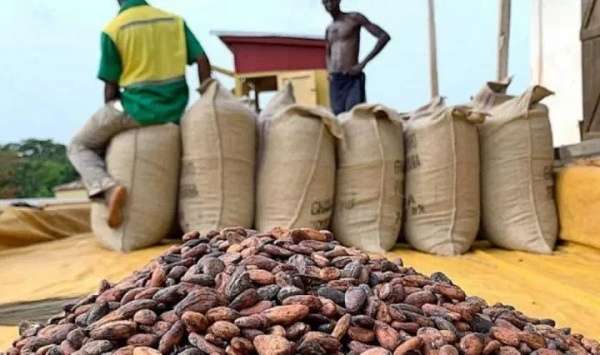Afriyie Oware, Chief Executive Officer of Axis Pension Trust, has observed that the recent depreciation of the cedi will have a dire and lasting consequences on pensioners in the country if the volatility of the cedi persist.
According to the Chief Executive Officer, pension funds are not resilient enough to withstand these economic shocks, especially taking into consideration the maximum allowed by the law for foreign asset holdings.
Afriyie Oware, in reaction to the current sovereign debt crisis and cedi depreciation, noted that National Pension Regulatory Authority (NPRA) investment guidelines allow pension funds to invest only 5 percent of assets under management in foreign asset holdings. This, he said “is too small to cushion against the significant cedi depreciation.”
Meanwhile, the cedi was recently declared as the worst-performing currency among 15 top currencies in Africa by Bloomberg, depreciating by about 7.6 percent within the first two months of 2022. Besides this, government is facing a debt crisis as the stock of public debt has risen to about 80 percent of GDP.
Citing a Zimbabwean pension administrator called Minerva whose assets under management shrunk from US$800million to US$120million due to economic shocks between 2012 and 2019, the CEO of Axis Pension Trust said “The writing’s on the wall for Ghana. We need to help build more resilient pension portfolios by allowing pension funds to invest some percentage of their assets offshore.”
“If you look at our pension portfolios today, they are primarily cedi-denominated investments. We can see some challenges on the horizon for the cedi. So, if the cedi continues to lose value to the US dollar, for instance, or to other hard assets like gold, our contributors are going to be losing purchasing power in dollar terms.”
Afriyie Oware
Offshore Investors Causing the Cedi to Fall
Mr Afriyie Oware explained that a strong dollar demand by large corporates as well as importers and offshore investors continue to exert pressure on the local currency, leading the cedi to post significant losses against the US dollar so far. He added that, due to the high exposure to government securities, pension funds are unlikely to remain solvent in the event of a sovereign default.
From an inflation perspective, the CEO averred that prices have been under much pressure leading to February 2022 headline inflation of 15.7 percent which is above the monetary policy rate of 14.5 percent. This, he said, denotes negative real returns when compared to the average yield on the benchmark 91-day Treasury bill at around 12.72 percent. Accordingly, “this leaves pension contributors exposed to high risk of value erosion. This can be mitigated with some measure of international diversification.”
“If this trend continues, you’ll clearly see what’s happening to people who have saved. They will be losing purchasing power in dollar terms, and that is not healthy. It is a disincentive for saving.”
Afriyie Oware
Although there is an implication for allowing pension funds to invest some percentage of their assets offshore, Mr. Oware suggested that this can be done over the medium-term.
“Though not feasible in the short-term, it is imperative in the medium-term. Policies targeted at import substitution matched with funding and trade protection should be pursued to create foreign exchange liquidity in the medium-term. If we don’t do these, the Ghanaian retiree will be worse off.”
Afriyie Oware
READ ALSO: GIZ and COGNOS Partner to Provide 10,000 Sustainable Jobs through Ghanaian SMEs




















